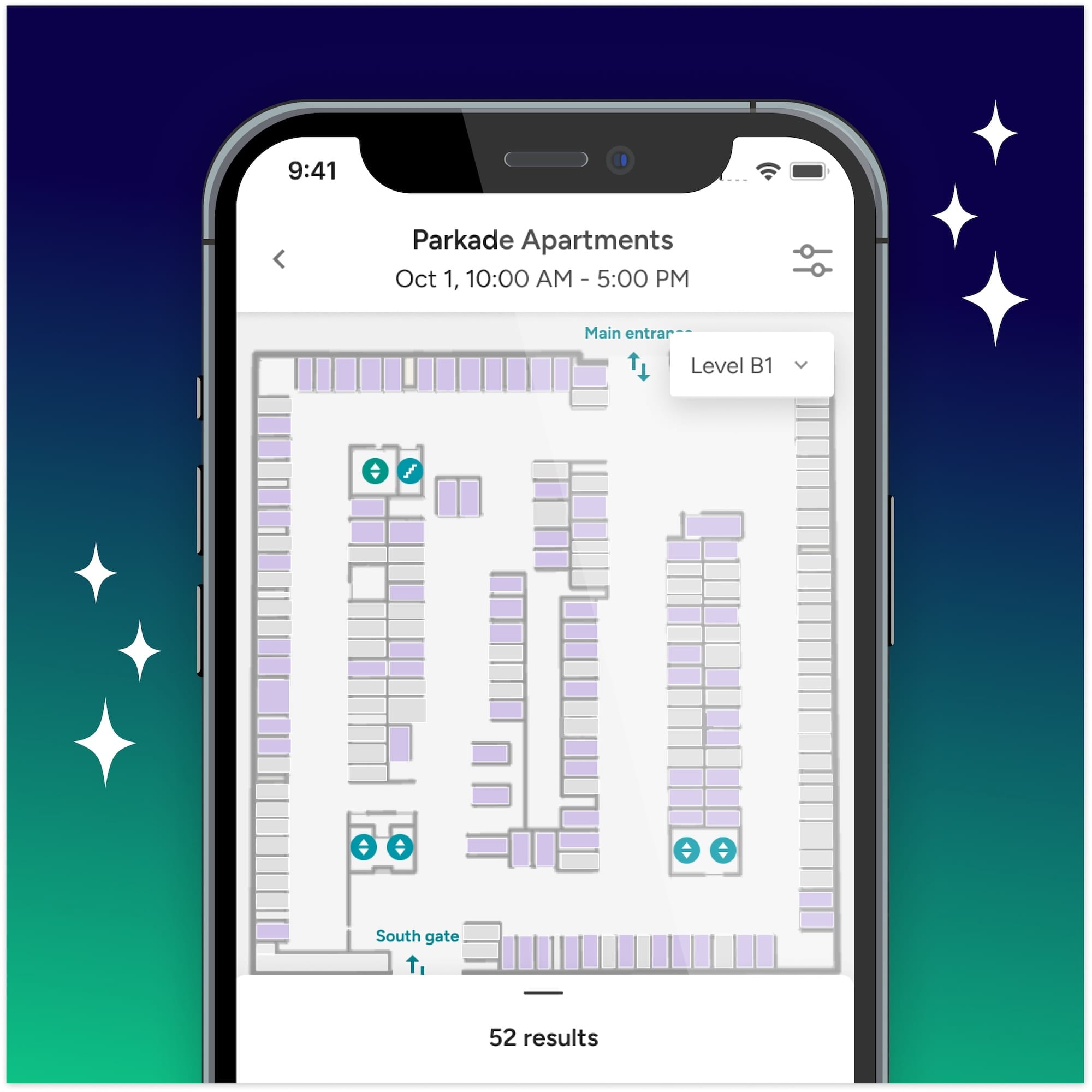

TABLE OF CONTENTS
Southwest Airlines just announced they're ditching their famous unassigned seating policy, with changes rolling out as early as next year. After decades of defending their free-for-all boarding process, they're finally admitting what every other airline figured out years ago: first-come, first-serve leaves money on the table, not to mention makes for a subpar experience for travelers.
Previously, they stood behind this decision fervently, claiming that unassigned seating helped them board passengers more efficiently, which led to more on-time departures and cost savings. This, they claimed, ultimately allowed them to offer lower ticket prices.
However, the numbers tell a different story. As their press release reports, “The research is clear and indicates that 80% of Southwest customers, and 86% of potential customers, prefer an assigned seat.” Unassigned seating is cited as the #1 reason why customers switch from Southwest to competitor airlines. But perhaps most importantly, this outdated model left millions of dollars on the table.
The unassigned approach isn’t just a risk for airlines, though.
For multi-family communities still offering first-come, first-served parking for residents, Southwest's decision may shed some light on why it's time for a switch.
Picture the Southwest boarding experience: passengers camping at gates two hours early, frantically refreshing apps at exactly 24 hours before departure, sweating over whether they'll get stuck in a middle seat. The anxiety starts before they even get to the airport.
Now, picture your residents coming home after work. They're circling your parking lot, hoping someone is about to leave for dinner. They're crossing their fingers that their favorite spot will magically open up. Once they’ve found a spot, they're calculating whether it's worth going back out later because they know they'll lose their space.
Whether it’s parking or airplane seating, you’re not doing your customers or residents a favor by providing a “free” spot to park or sit. In most cases, you’re just spiking their cortisol.
Let's bust the myth that unassigned equals flexibility and democratization. What it actually leads to is stress, competition, and conflict. The "good" seats went to whoever boarded first — or whoever was willing to pay for earlier boarding (the only revenue lever Southwest had).
Same story in your parking lot. Residents don't want the "flexibility" to park anywhere — they want the certainty of knowing their spot will be there when they get home. The best spots don't go to the residents who need them most (and who may very well be willing to pay for it). They go to whoever gets home first or never leaves.
And for your team? Unassigned parking can be an enforcement nightmare. Unless you’re using a parking management system with easily accessible records, there’s no way to know if the car in spot 47 belongs to a resident, a guest, or someone who shouldn't be there at all. So you either over-enforce and anger residents, or under-enforce and let violators take advantage.
But it’s not just because of the poor experience and operational challenges that property managers are increasingly abandoning free parking. The key motivator for many property teams (and for Southwest), ultimately came down to the fact that the numbers weren’t adding up.
Every other airline had already figured this out: Customers are willing to pay a premium for the right seat. It took a few decades, but Southwest finally caught on to the fact that they were leaving millions on the table.
Ryan Green, Southwest’s new EVP of Commercial Transformation, shared that “these changes are expected to generate additional revenue as we capitalize on greater demand for Southwest Airlines and offer Customers the ability to purchase premium seating options."
When you can only monetize boarding positions, you’re missing out on the real opportunity to charge different prices for different seats depending on a customer’s priorities.
Think about what Southwest can do now:
Now let’s switch gears back to parking at an apartment community. When every spot costs the same (or nothing), you’re missing out on extra revenue for:
And here’s the great thing. You’re not just bringing in more revenue, you’re providing a better experience for your residents, too. They will not only be willing to pay for the spots they want most, they will happily pay a premium.
Case in point: one of our customers recently reported that 75% of their residents are choosing to pay more than the $75 minimum parking price for the right spot, depending on their needs. As the property manager put it, “residents can’t be mad about pricing if they’re the ones choosing what price they pay.”
We understand why Southwest took decades to pivot. Making a change of this caliber can seem intimidating. You might be thinking your residents will revolt if you switch from their "flexible" free-for-all to assigned, paid parking. But you may be risking more if you don’t make the change.
Here's what we've learned from hundreds of properties that have made the switch: As long as you handle the transition with care, residents will see the value. They're tired of the hunting. They want to know that their spot will be there when they get home.
The key is communication and the right system. Unlike Southwest's paper boarding pass era, technology makes assigned parking simple:
The properties that struggle with the transition are the ones trying to manage it with spreadsheets and hang tags. The ones using modern parking management? No turbulence in sight.
Southwest was literally the last major airline clinging to unassigned seating. They held out while every competitor modernized, monetized, and improved their customer experience. They finally admitted what everyone else already knew: first-come, first-served is a pain for everyone involved.
Don't be the Southwest of parking. Don't be the last property in your market watching residents circle your lot while your competitors are upgrading their systems, collecting premium parking revenue, and offering residents a far better parking experience.
Your residents deserve better than a hunting license. Your property deserves better than one-size-fits-all pricing. And your team deserves better than trying to figure out which cars actually belong in your lot.
Ready to stop leaving money on the table? Let's talk about bringing your parking into the modern era — before you're the last one left.
.jpg)
As parking management becomes increasingly digital, security becomes critical — and we’re excited to share that we've achieved a major security milestone.
Read Story
We’re thrilled to announce one of our most significant leaps forward this year: the launch of dynamic maps across our mobile and web applications.
Read Story
Now that AB 1317 is official, it’s time to brush up on the requirements and see how your properties stand to benefit.
Read Story